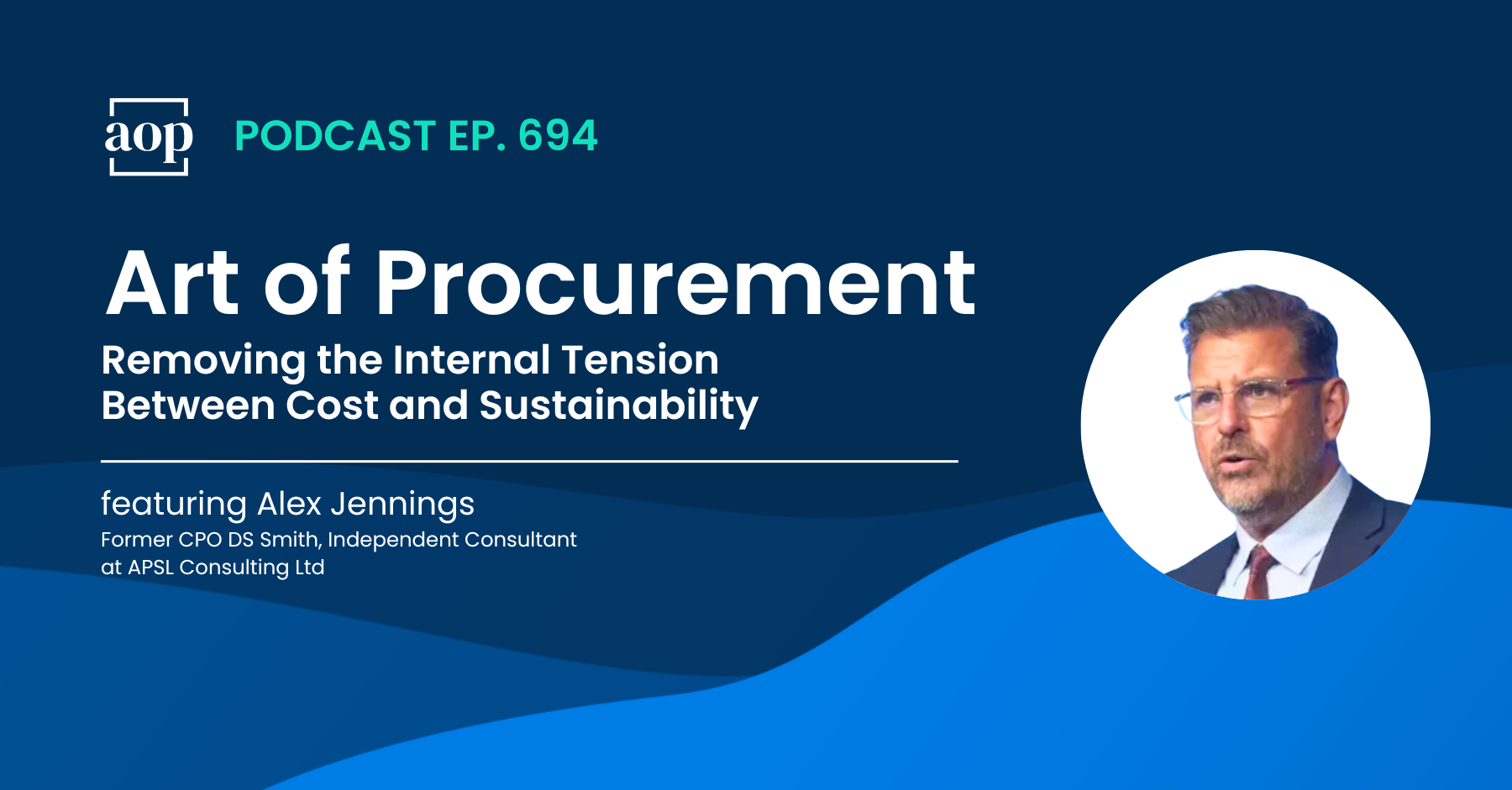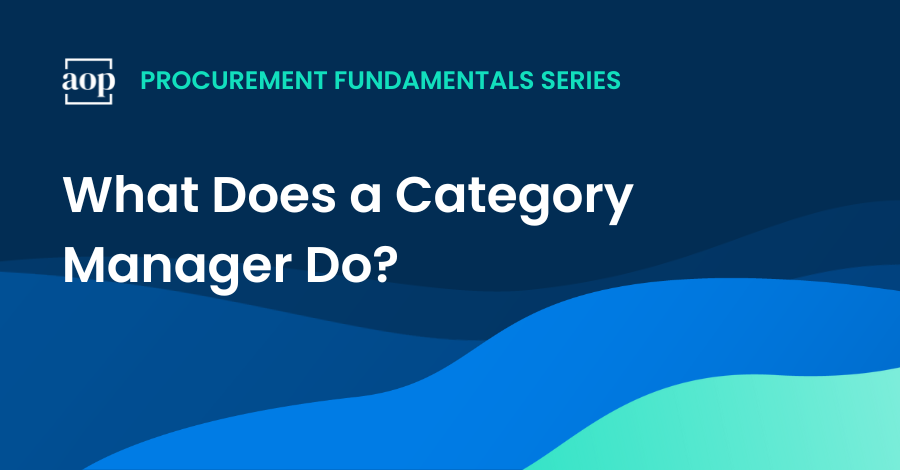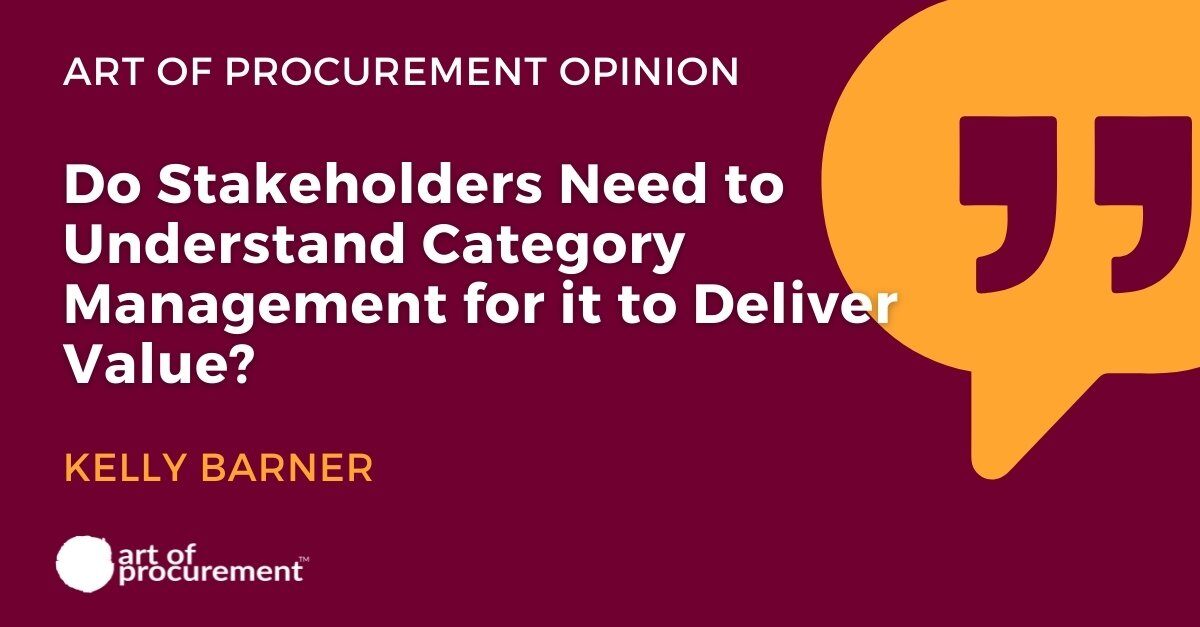3 min read
Adopting a Challenger Attitude in Complex Spend Categories
Philip Ideson : September 17, 2023
“If you look at the strategic sourcing process, I think it was made for complex categories. That’s one of the things that makes this so exciting as a potential lighthouse project. It’s a great opportunity for procurement to say, ‘This is why we do this. This is all of the value we can add.’” – Benjamin Lambert, Principal at Efficio
Tackling the common roadblocks inherent in most complex spend categories can be a challenge for any procurement team – especially if they are facing stakeholder resistance, which often comes with the territory. But they are also an opportunity for procurement to demonstrate the depth of strategic value they can bring to the business.
While roadblocks like stakeholder resistance, a high impact to the business, siloed decision-making, or new technology can complicate matters for procurement, one of the biggest challenges they must overcome when approaching complex spend categories with confidence is within their own mindset. How can they overcome a lack of category expertise?
To answer this question and more, I recently welcomed Ben Lambert, Principal at Efficio, to the pod. Ben explained the tactics procurement can use when approaching an unfamiliar or complex category to create value for stakeholders, overcome resistance or push-back, and affirm procurement’s reputation as a strong strategic partner.
Adopt a “challenger attitude”
“It doesn’t have to be you that is the expert,” said Ben. Procurement generalists should not hold themselves to a false or unrealistic expectation that they will have deep category expertise in every complex spend scenario. In fact, he says, procurement can still deliver substantial, game-changing impact without it.
That requires a mindset or “attitude” shift where procurement can confidently bridge that knowledge gap by challenging stakeholders to consider different approaches. To be an effective challenger, he says, procurement has to engage in a combination of active listening, research into the category, and asking good questions.
“It’s an attitude thing,” said Ben. “It’s listening, refining, and playing it back in a way that’s interesting and that reframes the problem to your stakeholder. … Ask good questions … know how to do your research and fall back on that so you can keep bringing insights.”
The key here, he says, is around asking the best and most probing questions that enable your stakeholders to see something in a new way or from a different angle. It starts with listening to the stakeholder’s pain points, their reactions to the market, their goals, and their concerns about any operational challenges.
“Show your stakeholders something about their business and bring something to life for them that helps them see that the world could be different.”
Know when to leverage external support
When researching a complex category that you’re not familiar with, Ben suggests leveraging relationships with colleagues, suppliers, or even experts at trade shows and other events.
The right supplier contact, for example, can be a tremendous source of value and insight that helps to educate procurement on the market and on the category. In particular, Ben says, supplier sales teams are especially well positioned to offer support because they likely understand – of course, they are highly motivated and incentivized to understand – your business and the goals you’re trying to achieve.
“It’s much easier to come back with a challenger attitude to your stakeholder if you’re speaking to two or three suppliers who are also pushing you in the same direction and probing you on things that are helpful,” said Ben.
While it’s just one tool in procurement’s toolkit for complex spend categories, a good supplier can help you make a strong internal business case, not for their particular solution, but for the opportunity for change you are leading the business through.
“It is really helpful to have somebody that can be a sparring partner who’s got an interest in getting the business interested in solving the problem,” Ben said.
Meeting resistance
In some instances, procurement will have to be more proactive about demonstrating the value they can bring to a complex spend category, and they might meet resistance along the way – either from stakeholders with deep expertise and ownership over the category or company leadership who might view procurement as a tactical function rather than a strategic partner.
Even Ben acknowledged, “it’s not easy to break in” to a complex spend category, but it presents procurement with such a valuable – and unique – opportunity to demonstrate its strategic value that it is well worth the preparation and relationship building.
“Unless we can show people that there is innovation out there, there is something they are missing out on, but also help them see that there’s a way they could be doing something much better, frankly, procurement deserves to be benched in some of these categories.”
Subscribe to Art of Procurement
Apple | Stitcher | iHeart Radio | Email






